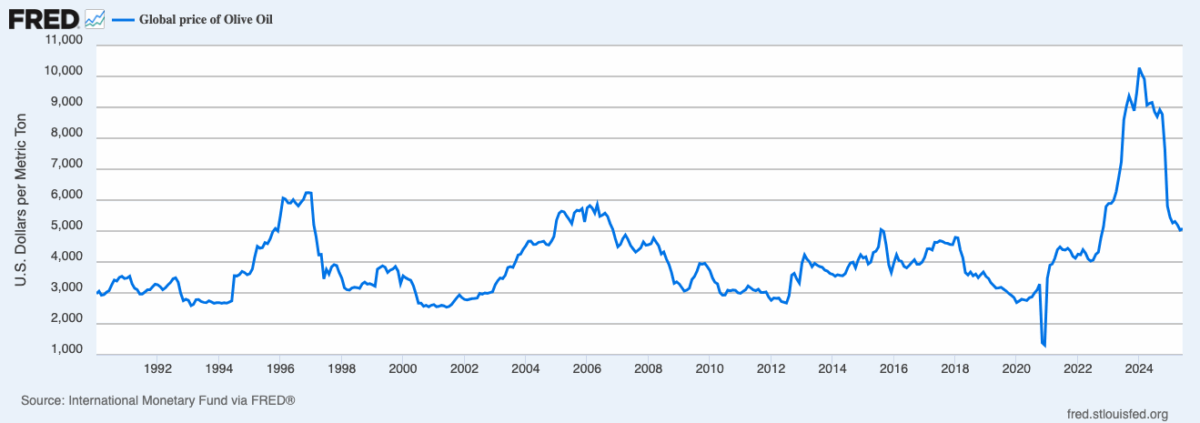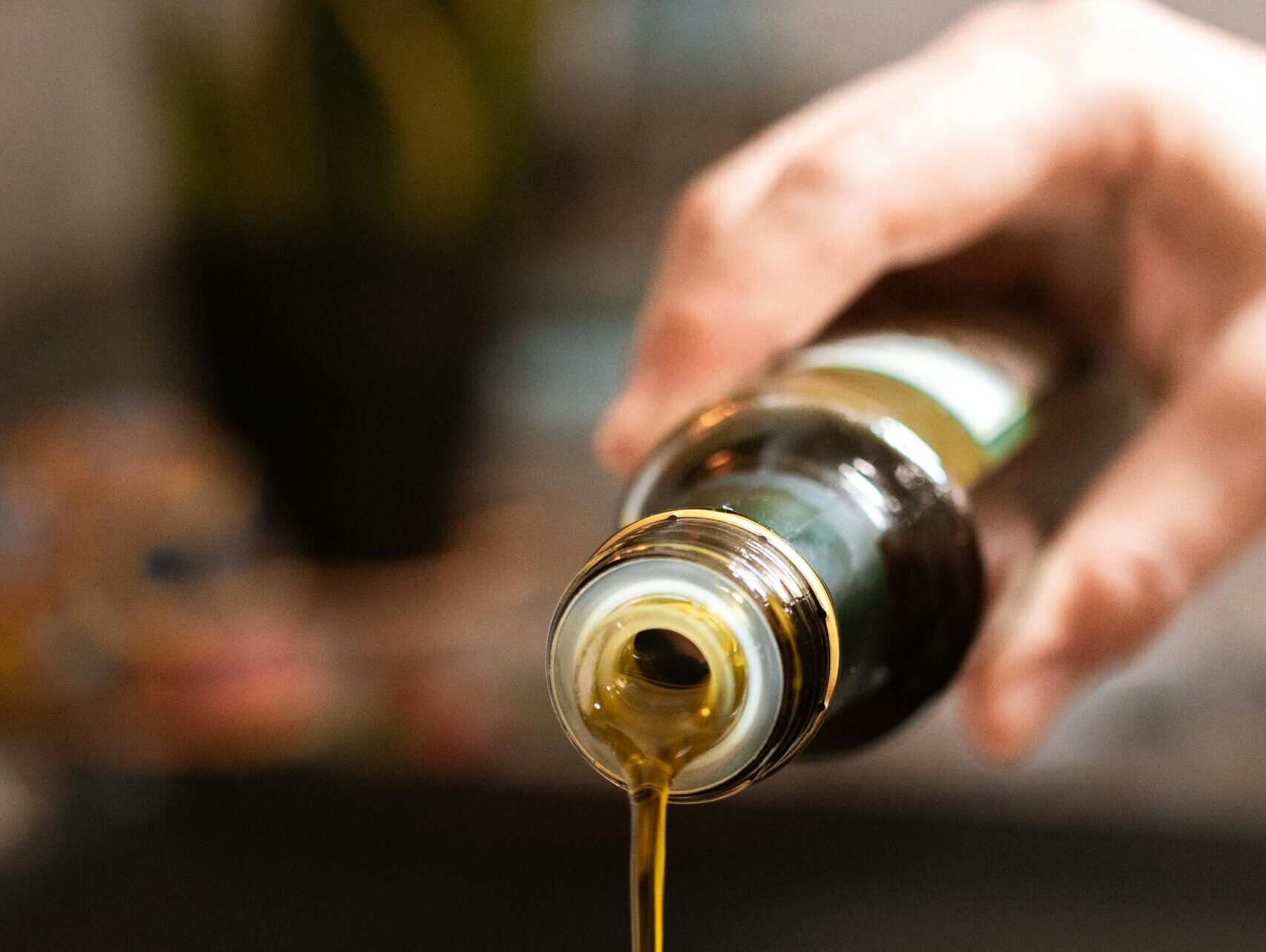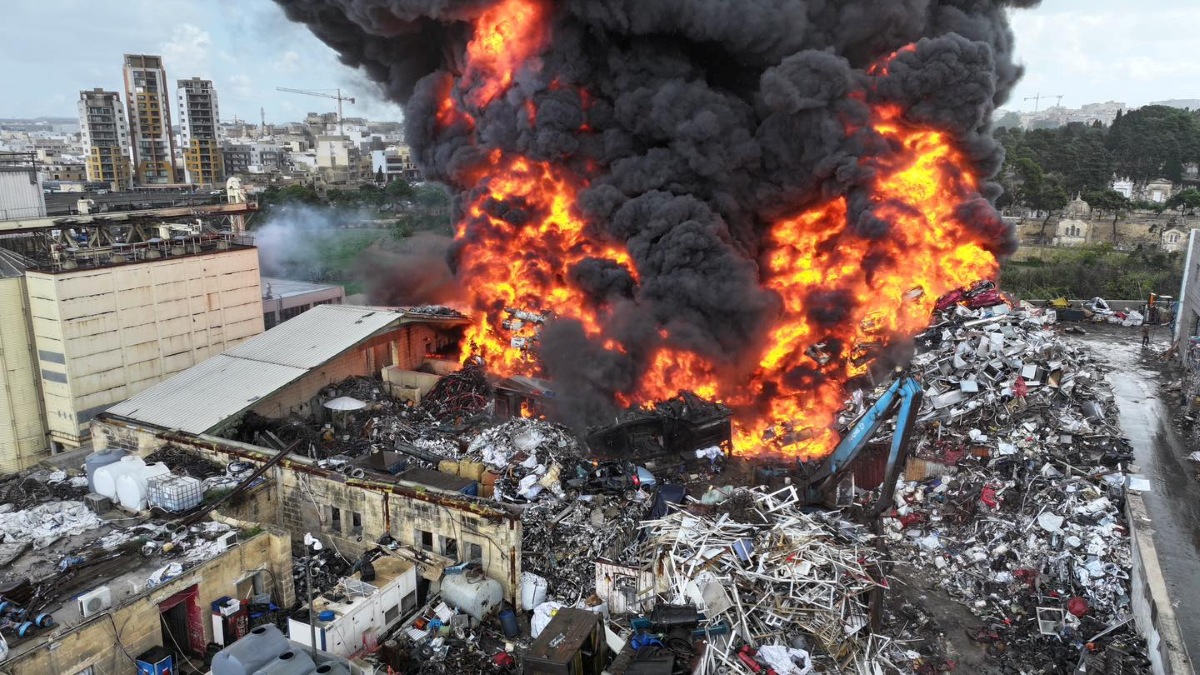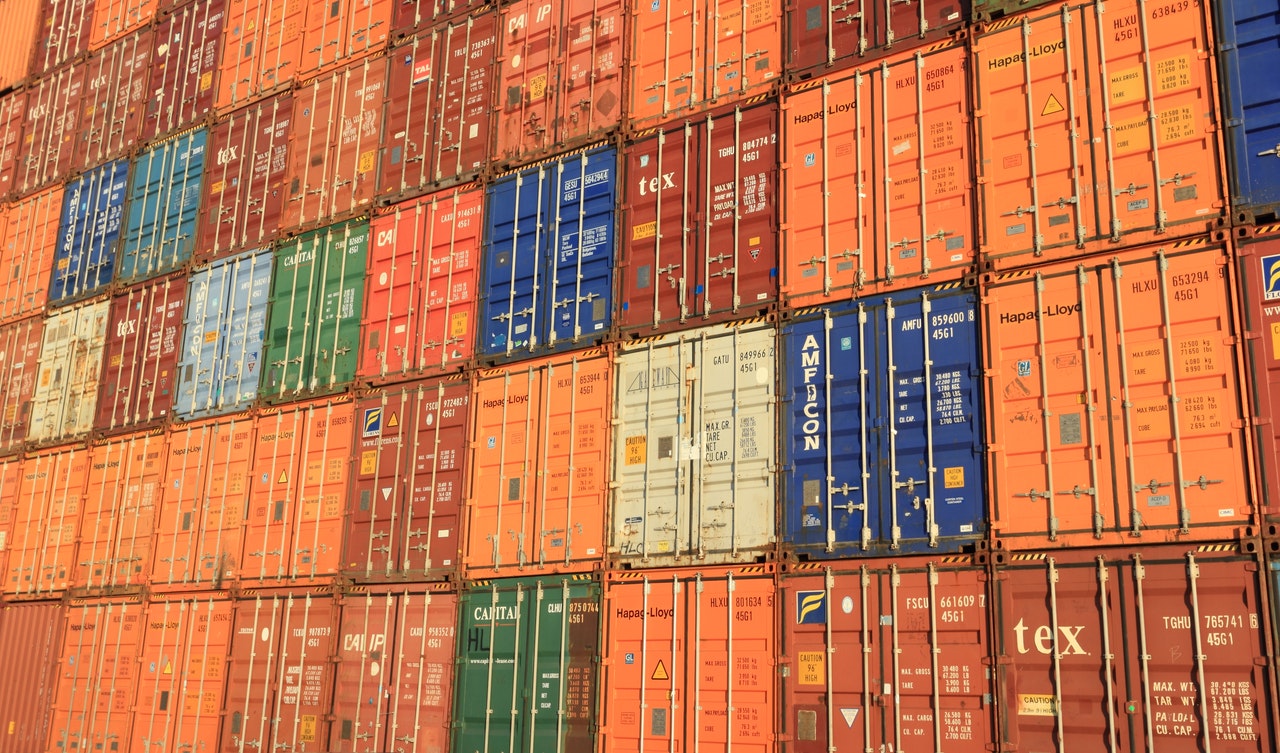Malta’s olive oil farmers are preparing for what they believe will be a successful harvest season, even as they face significant and unresolved challenges with national and EU agricultural bodies.
Speaking to BusinessNow.mt, The Olive Growers Cooperative Limited explained that while farmers were more hopeful about this year’s yield, that it remains in limbo after loding a formal complaint with the EU Directorate of Agriculture.
The cooperative’s primary dispute is with The Managing Authority and the Paying Agency – the agency that manages the relevant EU funds within the Agriculture Ministry, which terminated a grant agreement worth approximately €289,000 without prior notice.
The grant was earmarked for the propagation and scientific research of the local Bidni cultivar, along with an educational campaign. The cooperative argues the termination was based on unfounded allegations and provided no opportunity for correction, forcing the matter into costly arbitration.
Beyond this specific grant, the complaint details systemic issues with Malta’s management of EU agricultural funds (EAFRD).
The cooperative alleges funds are allocated in an “unprofessional manner” with a lack of consultation, and are disproportionately directed to state entities like the Malta Food Agency and the Public Abattoir instead of private farmers and cooperatives. This practice, they argue, stifles private investment and growth in the agricultural sector.
Further hurdles include regulations that make it impossible for Maltese olive growers to form a recognised Producers’ Group (PO), due to an excessively high first-year turnover requirement of over €100,000 – a target deemed unachievable in Malta’s small market.
The cooperative also claims it was deliberately excluded from a recent Fertiliser Voucher Scheme due to insufficient publicity and a direct payment system that excludes over 1,400 farmers with holdings smaller than 0.3 hectares.
The complaint concludes by urgently requesting the intervention of the EU Commissioner for Agriculture to address these issues, which they argue contravene both the spirit and letter of EU law and cooperative practices.
These bureaucratic and financial challenges are compounded by the pressing threat of climate change.
Rising temperatures across the Mediterranean have severely impacted olive yields, creating a global scarcity. While Malta’s production is limited, it has not been spared from the scorching heat and damage to crops, adding a layer of environmental pressure to the man-made obstacles facing local farmers.
The global price of olive oil has spiked to $10,600 per metric ton in April, up from $5,300 in March. In June, prices settled back to $5,070.

Olive trees in Malta
That being said, production in some of the world’s largest producers Greece, Spain and Italy is down, as the heat nearly obliterated harvest this year. In Greece, the effects are particularly significant, with olive oil responsible for not only seven per cent of the country’s GDP, but also 25 per cent of Greek agriculture.
In Malta, there are around 800 olive oil farmers, who not only face the crippling effects poised by climate change, but a lack of support from Government. Speaking to BusinessNow.mt, the cooperative for olive oil farmers, Olive Growers Cooperative Limited – Malta, painted a picture of the reality for local producers.
“The Maltese olive sector cannot be compared to any sector in the South of Europe or North Africa. Our production capacity is limited to the size of the island, and to the land available for the cultivation of olives,” the cooperative explains.
“In Malta, olive growers do not have any incentives or benefits under the Common Agricultural Policy. Therefore the sector depends on the hard work of the farmers and their families engaged in olive cultivation. The sector is still considered as an artisan industry due to the amount of trees under cultivation and since Malta does not have a central storage, blending and bottling centre.”
There are more than 800 olive growers registered with the Directorate of Agriculture, while the Cooperative has 128 members that own more than 8,000 olive trees around Malta.
Malta and Gozo has about eight to ten olive mills that receive harvested olives from olive growers. Then, the olive growers receive the extra virgin olive oil which is bottled and offered for sale to the local market. Exports are very limited and there is no data on how much EVOO is exported every year. The volume of local production limits the export capacity.

However, 2024 saw a bad year for farmers, due to the climate crisis, as seen across the Mediterranean. From 868 tonnes in 2023, the numbers shrank to 227 tonnes, with just 37 tonnes of oil yielded.
“The high figures of 2022 and 2023 are production quantities of a good harvest and also better record keeping due to the awareness created by the Cooperative. 2024 was a bad harvest for olive growers due to climatic conditions which affects the cultivation process since olive cultivation depends on the natural environment on the olive grove.”
This year proves to be a better year for harvest, however, with a lack of support and the effects of climate change, the fate of Malta’s already limited olive oil production remains unknown.
Debunking the gender pay gap in the EU
Around 24 per cent of the gender pay gap is due to over-representation of women in relatively low-paid sectors
EU to tax small parcels from China in new crackdown
The decision to remove the exemption on small parcels is part of a broader overhaul of EU customs rules
Malta enjoys second lowest electricity prices in the EU
The cost of 100 kWh of electricity ranges from €38.4 in Germany to a low of €6.2 in Turkey






